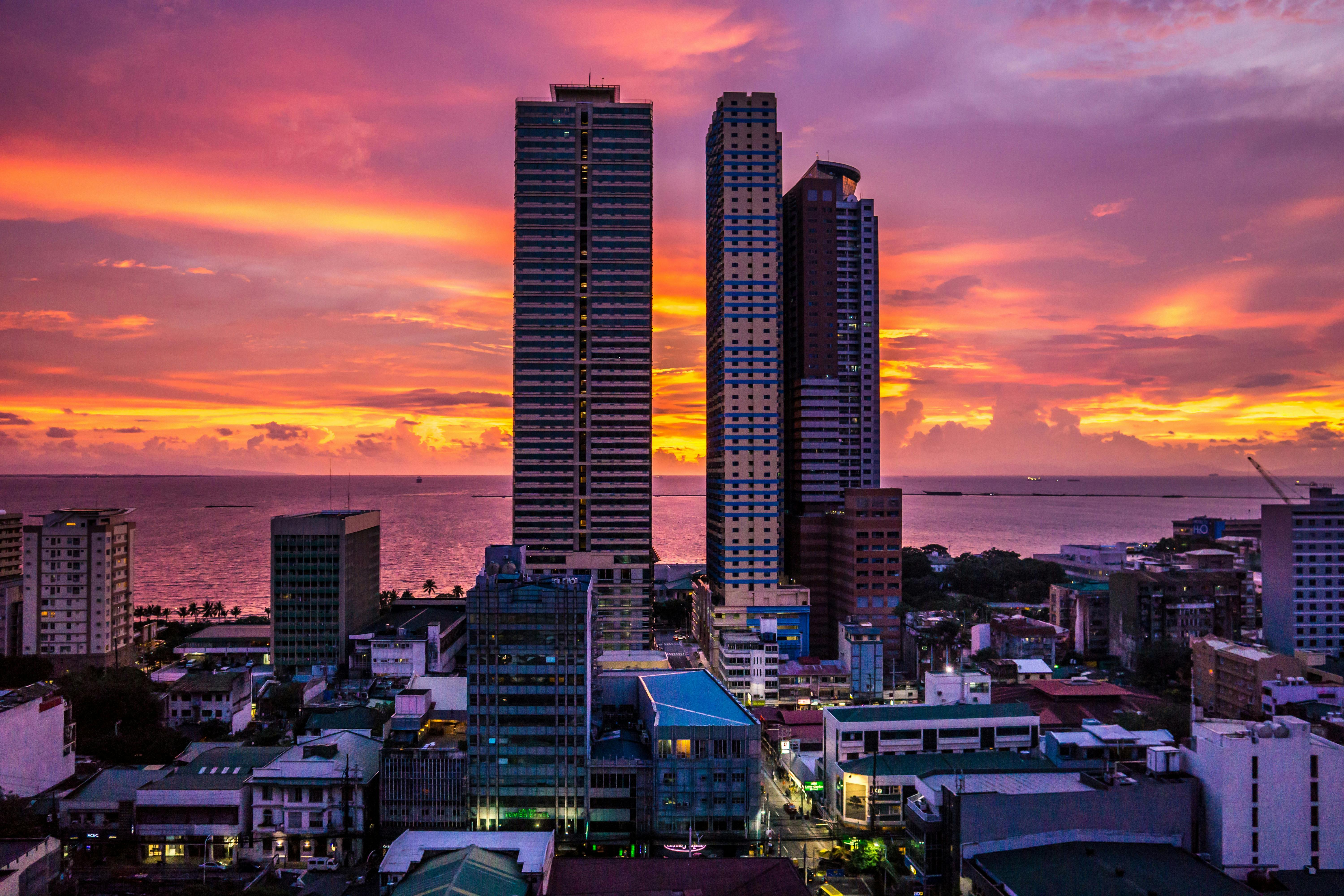
【Case Study】Sharing the Achievements of Environmental Education in Philippines - Written by Philippines Consultant Elenida Del Rosario-Basug
The Philippines has long been recognized as one of the world’s most climate-vulnerable nations. In response, the Department of Environment and Natural Resources (DENR), through its Environmental Management Bureau (EMB) and Climate Change Service (CCS), has spearheaded comprehensive initiatives to mainstream environmental and climate education across sectors. This case study highlights the country’s strategies, key programs, and lessons learned in empowering citizens toward sustainability.
Policy and Institutional Framework
The foundation of the Philippines’ environmental education is Republic Act 9512 (Environmental Awareness and Education Act of 2008), making the country the only ASEAN member with a national law on environmental education. Its implementation involves key agencies such as DepEd, CHED, TESDA, DOST, and DENR. To coordinate efforts, DENR established regional and national committees, later expanded to include private partners for wider impact.
To provide long-term direction, the National Environmental Education Action Plan (NEEAP) 2018–2040 was developed. The NEEAP aligns with the Sustainable Development Goals (SDGs) and promotes a uniquely Filipino approach that integrates local values and culture into education for sustainable development.
Curriculum and Learning Resources
Environmental concepts have been integrated into the K–12 curriculum, including Science, Social Studies, Health, and Values Education. The EMB also created specialized modules on water quality monitoring, climate change, solid waste management, and sustainable agriculture through “Gulayan sa Paaralan.” Supplementary resources such as activity books, newsletters, and multimedia content help extend environmental knowledge beyond classrooms. The “Luntiang Puso” newsletter and EMB’s active social media presence further ensure widespread public engagement.
Capacity Building and Stakeholder Involvement
Teachers play a central role in shaping environmental consciousness. The EMB conducts nationwide seminars and is accredited as a Continuing Professional Development (CPD) provider, ensuring that educators gain updated knowledge on environmental laws, sustainable practices, and livelihood opportunities.
Beyond teachers, EMB also engages local government units, industries, and youth organizations such as the Youth for Environment in Schools Organization (YES-O). Programs emphasize compliance with environmental laws, climate resilience, and community-driven solutions. Gender mainstreaming has also been institutionalized to ensure inclusivity in program design and implementation.
Partnerships and Recognition Programs
Collaboration is at the heart of the Philippine model. The National Search for Sustainable and Eco-Friendly Schools (NSSEFS), launched in 2009, recognizes institutions that integrate sustainability into operations and curricula. Since then, over 270 schools have been awarded, inspiring broader adoption of green practices.
Programs such as Greenducation Philippines and partnerships with PATLEPAM (Philippine Association of Tertiary Level Educational Institutions in Environmental Protection and Management) further strengthen academic involvement. PATLEPAM, representing nearly 400 higher education institutions, facilitates curriculum integration, technology transfer, and regional capacity building.
Community and Youth-Led Innovations
Notable grassroots initiatives demonstrate the transformative power of environmental education. Examples include mangrove reforestation efforts by local champions, community-based plastic recycling plants that turn waste into school furniture, and youth-driven innovations like solar reflectors made from soda cans to disinfect water. These initiatives highlight how local action can address global challenges while fostering ownership and resilience.
Lessons Learned and Way Forward
The Philippine case illustrates that effective environmental and climate education requires:
- Policy support through enabling laws and long-term action plans.
- Integration into formal education complemented by practical modules.
- Capacity building across sectors, especially teachers and youth leaders.
- Recognition and incentives that motivate schools and communities to adopt sustainable practices.
- Strong partnerships bridging government, academia, private sector, and civil society.
Looking ahead, the DENR envisions strengthening inter-agency collaboration, establishing knowledge centers for interactive materials, and enhancing monitoring frameworks. Through both national and international platforms, the Philippines aims to sustain momentum toward the NEEAP 2040 vision of “empowering Filipinos for a sustainable Philippines.”
